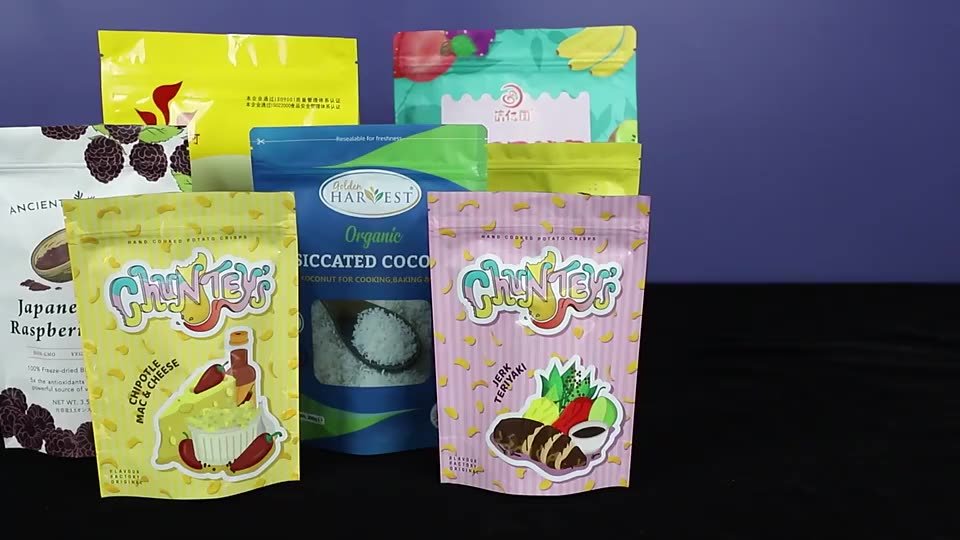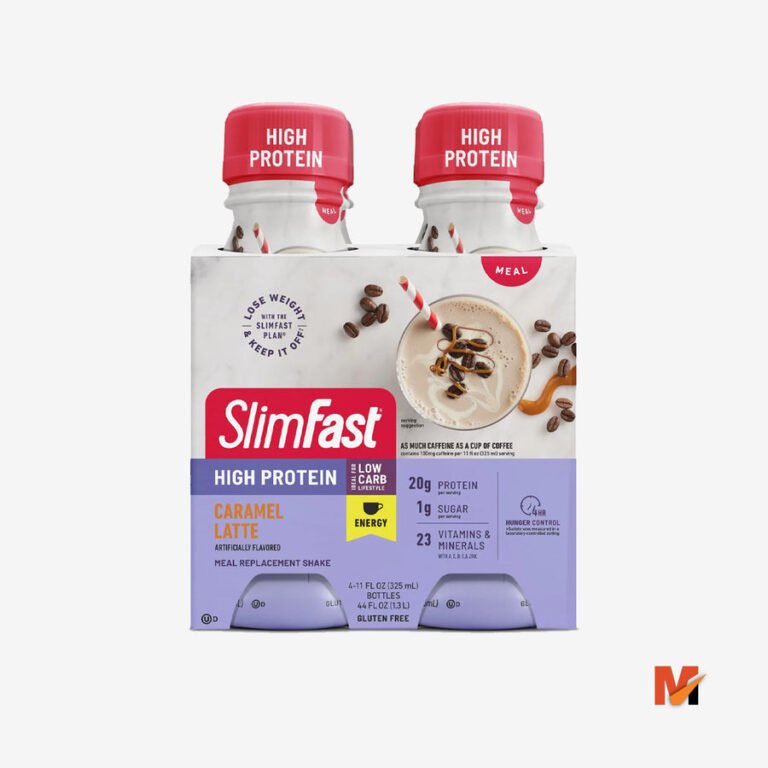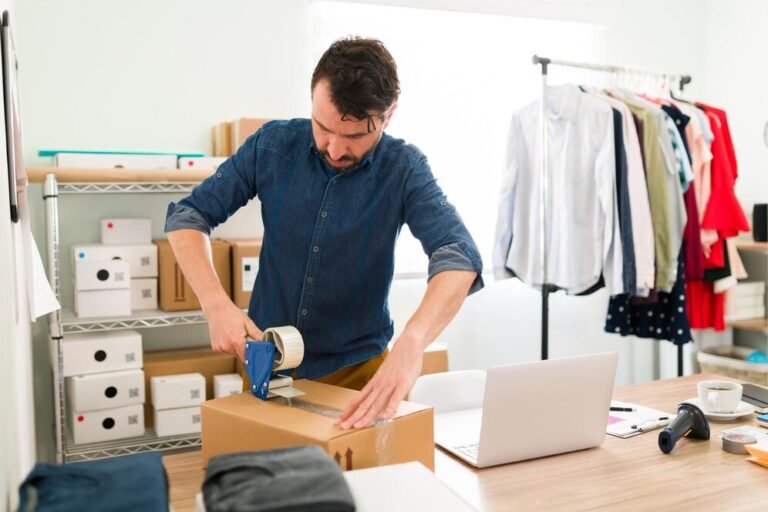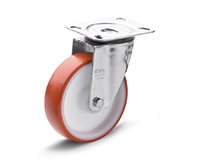Custom Product Boxes Solutions For Small Businesses: What You Need To Know
custom product boxes is more than just a box or wrapper for your products; it’s a vital element that can define your brand, create memorable customer experiences, and influence purchasing decisions. For small businesses, custom packaging represents an opportunity to stand out from competitors and communicate your brand’s message in a tangible way. In this article, we will explore the various aspects of custom product boxes solutions and provide insights on how small businesses can benefit from packaging options, including sourcing packaging wholesale.
Why custom product boxes Matters for Small Businesses
In today’s competitive market, small businesses face an uphill battle against larger brands with extensive budgets for marketing and packaging. Custom packaging allows small businesses to level the playing field by giving them the opportunity to create a distinct brand identity. Packaging is often the first physical interaction a customer has with your product, and first impressions count.
Custom packaging enhances brand recognition and creates a professional appearance that can leave a lasting impression on customers. Studies show that well-designed packaging can significantly impact a consumer’s purchasing decisions. Around 72% of consumers say that product packaging influences their decision to buy a product. This figure highlights how packaging design is not just a means of protecting the product; it’s a silent salesperson that works to enhance brand visibility, differentiate products, and foster loyalty.
Small businesses that prioritize packaging are also better equipped to build brand consistency across multiple touchpoints. A customer who receives a product wrapped in aesthetically pleasing, customized packaging is more likely to remember the brand and even share their unboxing experience on social media, providing organic marketing and increasing the business’s reach.
Types of custom product boxes for Small Businesses
custom product boxes comes in a variety of forms, each suitable for different types of products and business needs. For small businesses, choosing the right type of packaging depends on factors such as product size, budget, and branding requirements. Here are some common packaging types:
- Corrugated Boxes: Corrugated cardboard boxes are a popular choice for shipping products, especially heavier items. They are durable, recyclable, and offer customizable options for printing logos, colors, and brand messages.
- Flexible Packaging: This includes items like bags and pouches, often used for food products or cosmetics. Flexible packaging is lightweight, can be resealable, and is often used for products sold in bulk.
- Rigid Boxes: Rigid boxes offer a more luxurious feel and are often used for high-end products such as electronics, cosmetics, and gifts. Although more expensive, they provide strong protection and can be fully customized.
- Biodegradable and Eco-Friendly Packaging: With the growing demand for sustainable packaging, small businesses can opt for eco-friendly materials like recycled paper, biodegradable plastics, or plant-based packaging. These options not only help reduce environmental impact but also appeal to eco-conscious consumers.
- Custom Sleeves and Inserts: For businesses that want a personalized touch without the expense of full-scale custom boxes, custom sleeves or branded inserts can be added to standard packaging. These offer a cost-effective way to add branding elements without overhauling the entire packaging design.
Customizing packaging also involves selecting appropriate materials, colors, and designs that reflect the brand’s identity. A well-crafted packaging design should balance aesthetics with functionality, ensuring that the packaging is visually appealing while protecting the product.
How to Source custom product boxes Wholesale
Sourcing custom packaging wholesale can help small businesses reduce costs while still obtaining high-quality, customizable packaging solutions. Wholesale purchasing involves buying packaging in bulk from suppliers, which often results in significant savings compared to purchasing in smaller quantities.
The first step in sourcing wholesale packaging is identifying a reliable supplier. There are several ways to find reputable suppliers:
- Online Platforms: Websites like Alibaba, Global Sources, and Packlane offer a wide variety of packaging suppliers that cater to small businesses. These platforms allow you to compare prices, read reviews, and request samples before placing bulk orders.
- Local Vendors: Some small businesses prefer working with local suppliers to reduce shipping costs and support nearby manufacturers. Local packaging suppliers may offer more personalized service and quicker turnaround times.
- B2B Marketplaces: Sites like ThomasNet and Maker’s Row specialize in connecting small businesses with wholesale packaging manufacturers. These marketplaces allow businesses to filter suppliers by product type, location, and materials.
When selecting a packaging supplier, it’s crucial to consider several factors:
- Price: Ensure that the supplier offers competitive pricing, especially when purchasing in bulk. However, the cheapest option may not always provide the best value, so balance cost with quality.
- Minimum Order Quantities (MOQs): Some wholesale suppliers may have high MOQs, which can be challenging for small businesses with limited budgets. Look for suppliers that offer lower MOQs to avoid tying up too much capital in inventory.
- Customization Options: Make sure the supplier can provide the customization options you need, such as custom printing, logo embossing, or unique packaging shapes and sizes.
- Quality: Always request samples before placing a large order to assess the quality of the materials and print. Packaging that looks great on a website may not meet your expectations when it arrives.
Negotiating with suppliers can also help you secure better deals, especially if you plan to place recurring orders. Some suppliers may offer discounts for long-term partnerships or if you agree to purchase multiple packaging types from them.
How Custom Packaging Impacts Your Small Business Growth
Custom packaging has the potential to significantly impact the growth of small businesses by increasing customer engagement and loyalty. Packaging is not just a functional element but an extension of your brand’s story and values. A strong packaging strategy can turn a one-time buyer into a loyal customer.
Packaging can also play a role in product differentiation. In industries where products are similar, packaging can be the deciding factor for consumers. A unique, eye-catching design can set your product apart on crowded shelves or in eCommerce listings. Moreover, packaging that speaks directly to your target audience—whether through colors, imagery, or messaging—will create a stronger connection with your customers.
In recent years, unboxing experiences have become a significant part of the customer journey, especially in the eCommerce space. When a customer receives a beautifully packaged product, they are more likely to share their experience on social media or recommend the brand to others. Unboxing videos and reviews have become popular content on platforms like YouTube and Instagram, offering small businesses free publicity and word-of-mouth marketing.
Case studies of successful small businesses often highlight how custom packaging played a role in their growth. For example, a small cosmetics brand that invested in custom, eco-friendly packaging saw an increase in repeat customers and social media engagement due to the positive response to their packaging.
Eco-Friendly and Sustainable Packaging Solutions
Sustainability is becoming a key consideration for both businesses and consumers. Eco-friendly packaging not only reduces environmental impact but also appeals to the growing number of consumers who prioritize sustainability in their purchasing decisions. Small businesses can differentiate themselves by offering packaging solutions that align with eco-conscious values.
There are several sustainable packaging options available for small businesses, including:
- Recyclable Materials: Using materials like cardboard, paper, or aluminum that can be easily recycled.
- Biodegradable Plastics: Made from plant-based materials, these plastics break down naturally over time, reducing waste in landfills.
- Reusable Packaging: Encouraging customers to reuse packaging, such as cloth bags or durable containers, can reduce the need for disposable packaging.
- Minimalist Packaging: Reducing the amount of packaging used can also be an eco-friendly approach. This could involve eliminating unnecessary components or using smaller boxes.
Adopting sustainable packaging solutions may require a slightly higher upfront cost, but the long-term benefits often outweigh the initial investment. Consumers are willing to pay more for products that align with their values, and eco-friendly packaging can boost your brand’s reputation and attract a loyal customer base.
Practical Tips for Designing Custom Packaging
Designing custom packaging involves more than just slapping a logo on a box. It requires careful consideration of aesthetics, functionality, and branding consistency. Here are some practical tips for designing effective custom packaging:
- Choose Colors That Represent Your Brand: Colors evoke emotions and play a crucial role in how customers perceive your brand. Choose a color palette that aligns with your brand’s identity.
- Incorporate Your Logo and Brand Messaging: Your packaging should clearly display your logo and any brand messaging. This could include your tagline, website, or social media handles to encourage customers to engage with your brand beyond the purchase.
- Keep the Design Simple but Impactful: Avoid overcrowding your packaging with too much text or imagery. A clean, minimalist design can often be more impactful than a cluttered one.
- Focus on Functionality: While aesthetics are important, your packaging should also be functional. It should protect the product during shipping and handling while being easy for the customer to open and reuse if necessary.
- Work with a Professional Designer: If you’re unsure about how to design your packaging, consider working with a professional packaging designer who can help bring your vision to life.
Conclusion:
custom product boxes is a powerful tool for small businesses looking to differentiate themselves in the marketplace. From boosting brand awareness to enhancing customer loyalty, the right packaging can have a significant impact on your business’s success. By investing in custom packaging solutions and exploring wholesale options, small businesses can create memorable experiences for their customers and foster long-term growth. Visit customproductpackaging.com for more info.






